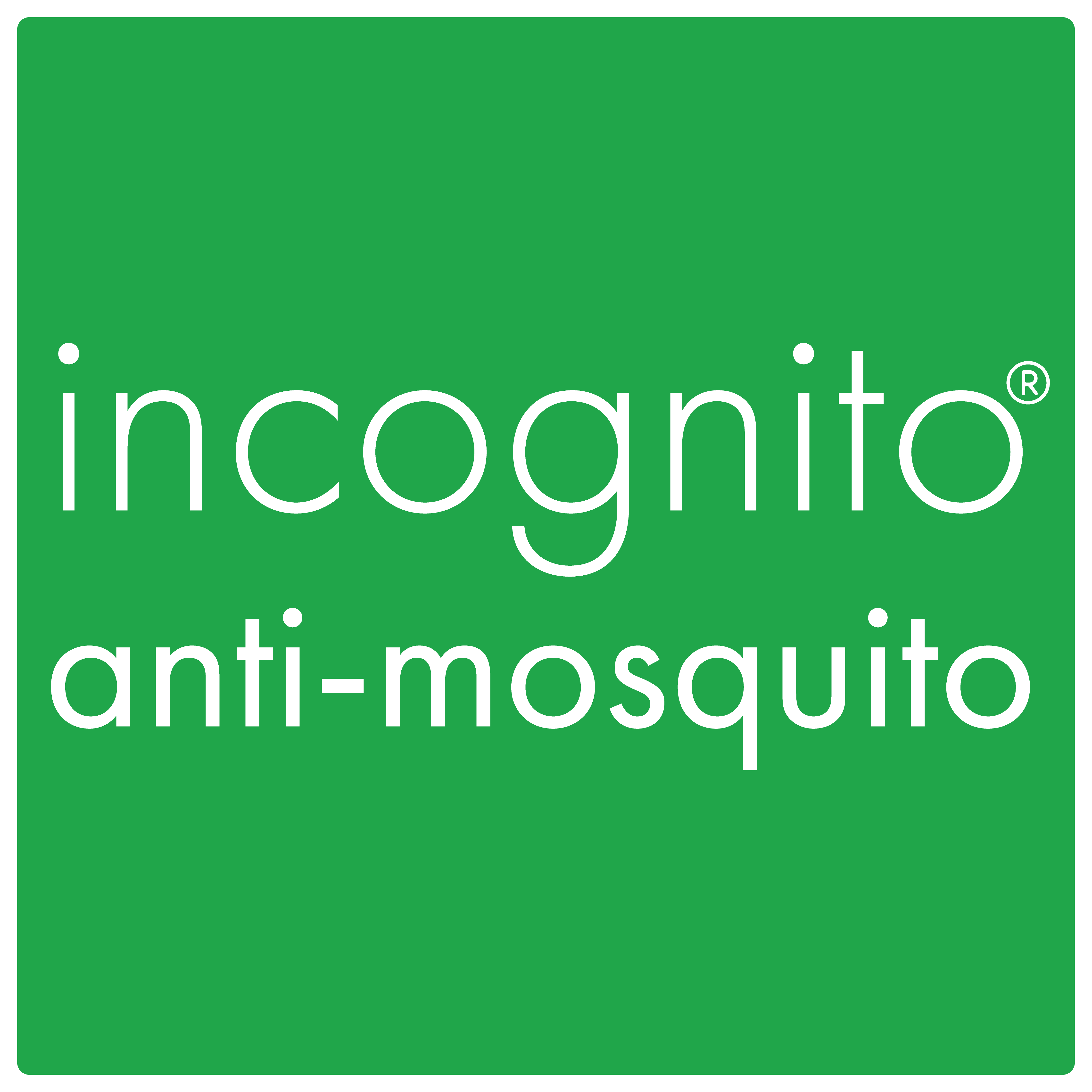 Mosquitoes Developing Resistance to DEET
Mosquitoes Developing Resistance to DEET
New Kairomone ‘Camouflage’ Could be the Answer
For many years, DEET has been used as the main way to help repel mosquitoes, to help prevent deadly diseases such as malaria. But current research is showing that this synthetic compound is becoming under threat from DEET-resistant mosquitoes. However, clinically proven Eucalyptus Maculata Citriodora works even better by cleverly camouflaging our unique body smells and deterring those unwanted pests….
Dr. James Logan from the LSHTM has identified a resistant gene in mosquitoes to DEET.
“One of the most widely used and effective insect repellents available is the synthetic compound N,N-Diethyl-m-toluamide (DEET) (1). DEET was identified more than 50 years ago by a structure-activity study of synthetic compounds and, although a number of compounds with similar activity have been identified, their efficacy is often judged by comparison with DEET (2).”
“…during laboratory trials a small proportion of mosquitoes are still attracted by human odors despite the presence of DEET. In this study behavioural assays identified Aedes aegypti[*] females that were insensitive to DEET, and the selection of either sensitive or insensitive groups of females with males of unknown sensitivity over several generations resulted in two populations with different proportions of insensitive females. Crossing experiments showed the “insensitivity” trait to be dominant. Electroantennography showed a reduced response to DEET in the selected insensitive line compared with the selected sensitive line, and single sensillum recordings identified DEET-sensitive sensilla that were nonresponders in the insensitive line. This study suggests that behavioral insensitivity to DEET in A. aegypti is a genetically determined dominant trait and resides in changes in sensillum function.” [3]
No such resistance has been found to eucalyptus maculata citriodora, which works by camouflaging your kairomones. Insects such as mosquitoes are attracted to their hosts by these chemicals, which are emitted by the body in proportion to the rate of metabolism. So the more active you are, the more attractive a meal you are! Most kairomones can be detected by a female mosquito up to one kilometre away!
incognito is a newly formulated repellent that contains eucalyptus maculata citriodora. It is a greener, more effective insect repellent option which is DEET-free, and is now stronger than any DEET insect repellent. incognito repels insects anywhere in the world, including all mosquitoes (ticks, sandflies, wasps, fleas, bees, midges, gnats, etc.)
Dr Felicity Nicholson, Trailfinder’s Travel Clinic Medical Director, comments “incognito is undoubtedly the best natural insect repellent on the market. The range of products is excellent and I can thoroughly recommend them as a safe and effective way of preventing biting insects for all ages.”
Kate Simon, Travel Editor The Independent on Sunday, says “…A new deet free eucalyptus based – mosquito repellent… incognito… I Tried this new stuff in Parrot Cay one night – no bites – followed by the local Deet-filled spray next – about 4 bites”. Whilst John O’Grady, Halifax, West Yorkshire, comments, “two weeks in Tobago in the Caribbean and used incognito all the time.. I wasn’t bitten once WHEN I WAS using it”.
incognito anti mosquito repellent spray retails at £9.99 for a 100ml bottle and is available from Ocado, Waitrose, Holland & Barrett, John Bell & Croyden, Planet Organic, Whole Foods, Trailfinders Travel Clinics, health shops and stocked in most branches of The Co-operative Pharmacy and nearly all pharmacies, as well as on-line at www.lessmosquito.com.


Comments (0)
There are no comments for this article. Be the first one to leave a message!